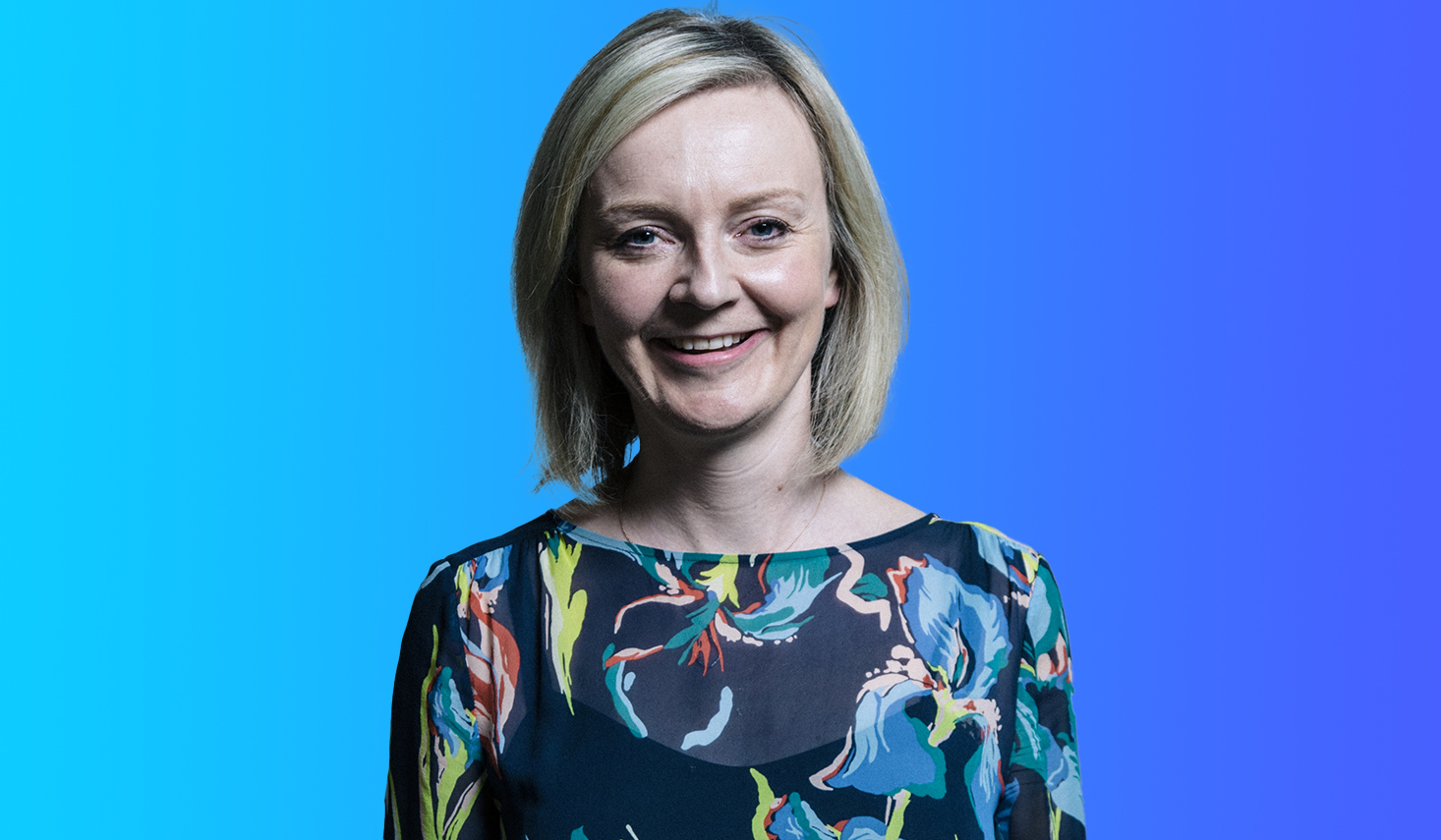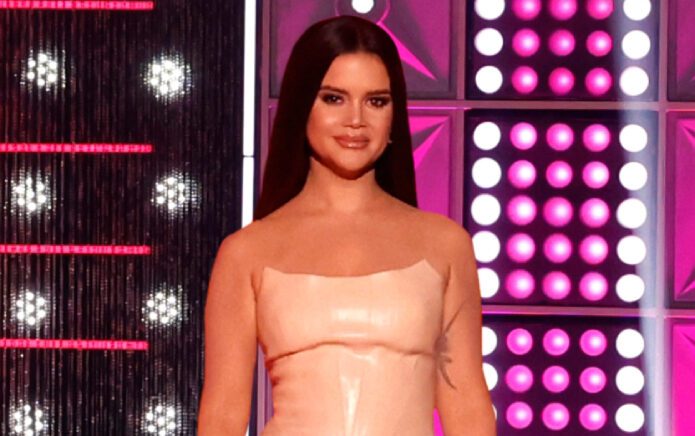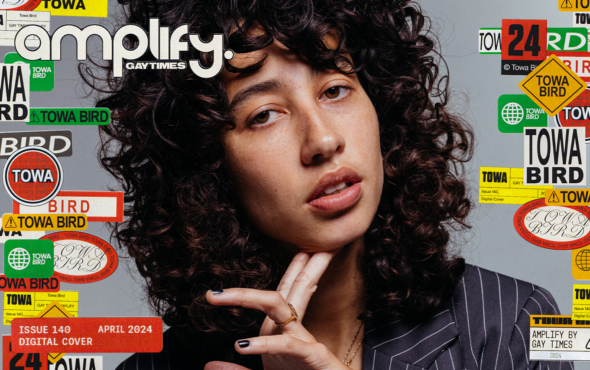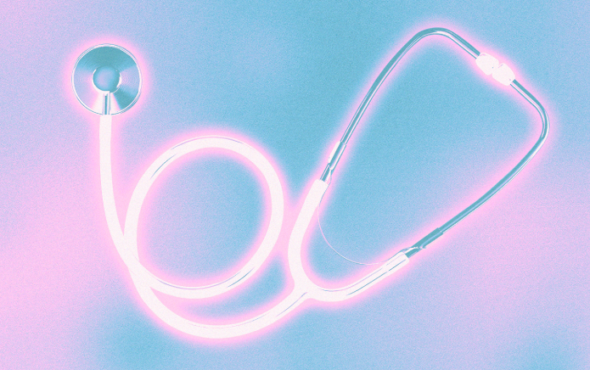
The race to become the next leader of the Conservative Party finally came to an end on 5 September, with Liz Truss set to become Britain’s third female Prime Minister and 56th overall. She won with a total of 81,326 party member votes to Rishi Sunak’s 60,399, bringing an end to several rounds of ballots. Truss, who currently serves as both the Foreign Secretary and Minister for Women and Equalities, will be formally appointed as Prime Minister by the Queen on 6 September at Balmoral before making a statement outside Downing Street later that day. The 47-year-old takes office at a time of great turbulence in the UK, with the cost of living crisis and war in Ukraine among the main issues she will have to deal with as her premiership gets underway.
Truss’ victory will undoubtedly impact LGBTQ+ people, with Stonewall CEO Nancy Kelley stating that she has “an important opportunity to build bridges with the LGBTQ+ community”. However, what her time in power will look like will only become clearer with time, as Truss has done little to advance LGBTQ+ rights since becoming equalities minister in 2019 – even being nicknamed the “Minister for Inequalities” by some.
So-called ‘conversion therapy’ remains legal despite Truss saying she is “determined” to bring an end to it, plans to meaningfully reform the Gender Recognition Act have been scrapped and members of the LGBTQ+ advisory board quit under her tenure – with the group later being disbanded entirely. She has criticised “identity politics” and, during a speech on 19 March, stated that Russia’s invasion of Ukraine should bring an “end” to the “ludicrous debates about languages, statues and pronouns.”
Caroline Nokes, Conservative MP and chair of the Women and Equalities Committee, accused Truss of viewing her equalities minister role as a “side hustle” to her job as Foreign Secretary, with many rights groups also condemning her time in the position. She has, however, consistently voted in favour of gay rights.
GAY TIMES now looks at where the next Prime Minister stands on several key LGBTQ+ issues that could define her relationship with the community during her time in power.
‘Conversion therapy’
Banning ‘conversion therapy’ has been one of Truss’ flagship policies as equalities minister for some time. She has previously stated that she is “absolutely committed to a ban which will make sure LGBT people can live their lives free from the threat of harm or abuse, whilst protecting free speech as well as protecting under-18s from being channelled into a irreversible decisions about their future.”
There is no place for the abhorrent practice of conversion therapy in our society.
Our proposals will:
🏳️🌈 Ensure LGBT people can live their lives free from harm
🧒 Stop u-18s making irreversible decisions
☑️ Protect freedom of speech and choice👇https://t.co/lH2mj5Zvyd— Liz Truss (@trussliz) October 29, 2021
However, Sir Iain Duncan Smith, a former leader of the Conservative Party and a close ally of Truss, recently suggested that she is actually not in favour of banning the harmful practice at all. “I hate it. Can I be clear about that? I think when you start banning things like this you enter a maze of problems. And I absolutely believe that Liz is very much there,” he stated at an event hosted by the Conservative Christian Fellowship (CCF) on 9 August, according to openDemocracy. He added that “Liz is strong on all this woke stuff” and “will certainly take the same view as I and many others do.” In response to the comments, a government spokesperson told GAY TIMES that it “has a proud record on LGBT rights, and we are committed to bringing forward legislation to ban conversion therapy.”
A commitment to banning the practice was first made by Theresa May’s administration in 2018, though is yet to be implemented in the UK. ‘Conversion therapy’ is typically defined as any attempt at changing or suppressing a person’s sexuality or gender identity, typically involving techniques such as electroshock therapy or prayer.
Same-sex marriage
Truss has consistently voted in favour of same-sex marriage since becoming an MP in 2010. This includes the vote in 2013, as well as the one in 2019 which saw it extended to Northern Ireland. She also voted to make it available to armed forces personnel outside the UK in 2014.
Trans rights
Truss has stated that she has “full respect for transgender people” several times, though during her leadership campaign she said that trans women are “not women” and promised to “protect single-sex spaces”. During one of the hustings, she further explained: “I’ve made this clear in parliament that places absolutely have the ability to restrict access on the basis of biological sex, that is a very important right. That should be true in the public sector, in schools, in domestic violence shelters.”
Discussing gender-affirming care for minors, Truss stated that “under-18s “shouldn’t be able to make irreversible decisions about their own future” and, during her time as equalities minister, plans to meaningfully reform the Gender Recognition Act were scrapped. Members of the LGBTQ+ advisory board quit under her tenure, with the group later being disbanded entirely.
Today we celebrate the 50th anniversary of #PrideInLondon
This milestone reminds us how far we have come and the progress being made around the world, to ensure LGBT+ people can live freely and openly, without fear of violence or discrimination.
Happy #Pride https://t.co/89cltBCkoT
— Liz Truss (@trussliz) July 2, 2022
In October 2021, Truss made it clear that she does not support self-identification, instead favouring “checks and balances in the system”. She added: “It is clear process of medical understanding of how that process works, and those medical checks are important.”
Both her actions and comments have left worried many LGBTQ+ rights activists, with the official LGBT+ Conservatives membership organisation urging Truss to “rebuild trust” with the community and remind the world that the Conservatives is “a party that welcomes all.”



